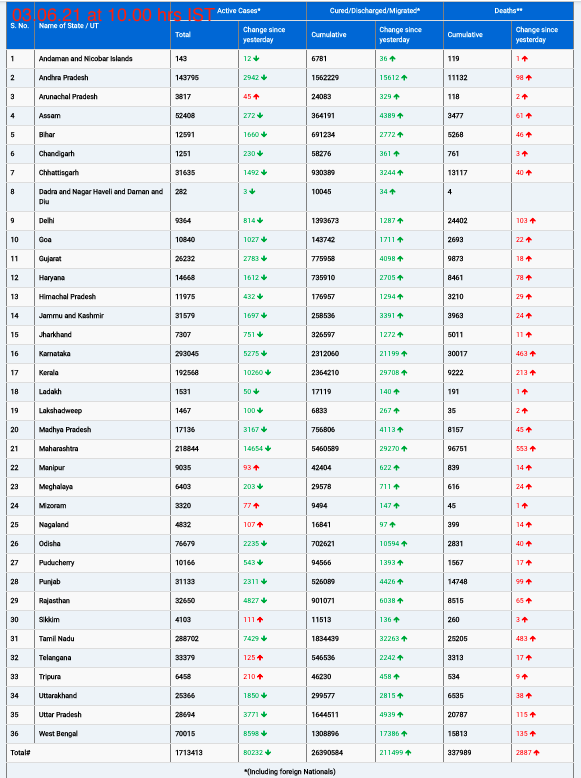
While sleep is undeniably crucial for a child’s overall well-being, it also holds significant sway over their behavior, as indicated by a recent study from the University of Georgia’s Youth Development Institute. This study revealed that adequate sleep can enable children to better cope with the challenges posed by stressful environments.
Lead author Linhao Zhang, a fourth-year doctoral student in UGA’s College of Family and Consumer Sciences, noted that adolescents exposed to stressful circumstances often exhibit a preference for immediate rewards over delayed ones. However, the study delved into what factors influence this link and why some individuals within such environments display less impulsivity. One key mechanism identified was the role of sleep.
The researchers analyzed data from the Adolescent Brain Cognitive Development Study, encompassing 11,858 children aged 9 to 10. They discovered a robust correlation between later impulsive behavior and issues related to sleep, including sleep deprivation and prolonged time taken to fall asleep (sleep latency). When children obtained less than the recommended nine hours of sleep or took more than 30 minutes to fall asleep, there was a pronounced association with impulsive behaviors in the future. These behaviors included acting without a plan, seeking thrills or sensations, and lacking perseverance.
Importantly, sleep acted as a mediator in these behaviors. When sleep problems were absent during the study, impulsivity was less likely to manifest in the future. Another contributing factor was neurological hyperconnectivity, where adolescents’ brains remained highly active even during periods of rest. This was particularly noticeable in the default mode network, a brain network linked to goal-directed behaviors. When this network was overly active during resting states, it exacerbated the connection between stressful environments, sleep, and impulsivity. This connection could potentially be linked to ADHD, a topic that Zhang aims to explore in future studies.
These findings emphasize the critical role of sleep in cognitive and behavioral development and could potentially inform cost-effective interventions to support the psychological development of children facing stressors at home. Zhang highlighted the modifiability of sleep as a behavior, making it a feasible target for change.
Zhang also underscored that insufficient sleep can be problematic beyond stressful environments. For instance, teenagers often have circadian rhythms geared towards staying up later and sleeping in, but early school start times and late-night homework can disrupt this rhythm. Addressing this issue could involve delaying school start times or establishing routines that facilitate healthier sleep patterns.
Regardless of the environment, establishing these routines can lead to improved sleep duration and reduce the time it takes to fall asleep. Zhang stressed the importance of early action when developing sleep habits, particularly for individuals in disadvantaged environments. Implementing strategies to promote better sleep can have a positive impact, especially for adolescents who are at a crucial stage in their brain development.










